Mad Dog Initiative
The Mad Dog Initiative (MDI) promotes wildlife conservation, animal welfare and human health in Madagascar through the care and management of feral dogs.
Promoting Wildlife Conservation: The island nation of Madagascar is home to some of the rarest species on earth. Many of these species – found nowhere else on earth - are threatened with extinction. Increasingly, biologists working in Madagascar have realized that the presence of feral dogs has a negative impact on the health of wildlife populations. Studies have shown that spaying and neutering feral dog populations can reduce their numbers in the long term. Decreasing the number of feral dogs preying on wildlife is a critical step in ensuring the future of Endangered wild species.
Enhancing Animal Welfare: Feral dogs in Madagascar often suffer from malnutrition, starvation, injury, and disease. The MDI veterinary teams provide medical care, vaccinations, and spaying/neutering services. MDI also transports sick, injured, and orphaned dogs to a shelter where they will receive medical attention, socialization, and a great place to stay until a forever home can be found for them.
Safeguarding Human Health: Feral dog populations are known to be important carriers of diseases that can be transmitted to humans. In rural areas of Madagascar where health care is not available, zoonotic disease can have devastating consequences. Reducing zoonotic disease through feral dog vaccinations and reducing population numbers through spaying and neutering can reduce the risk of human exposure to devastating diseases like rabies.
Reprinted with permission.
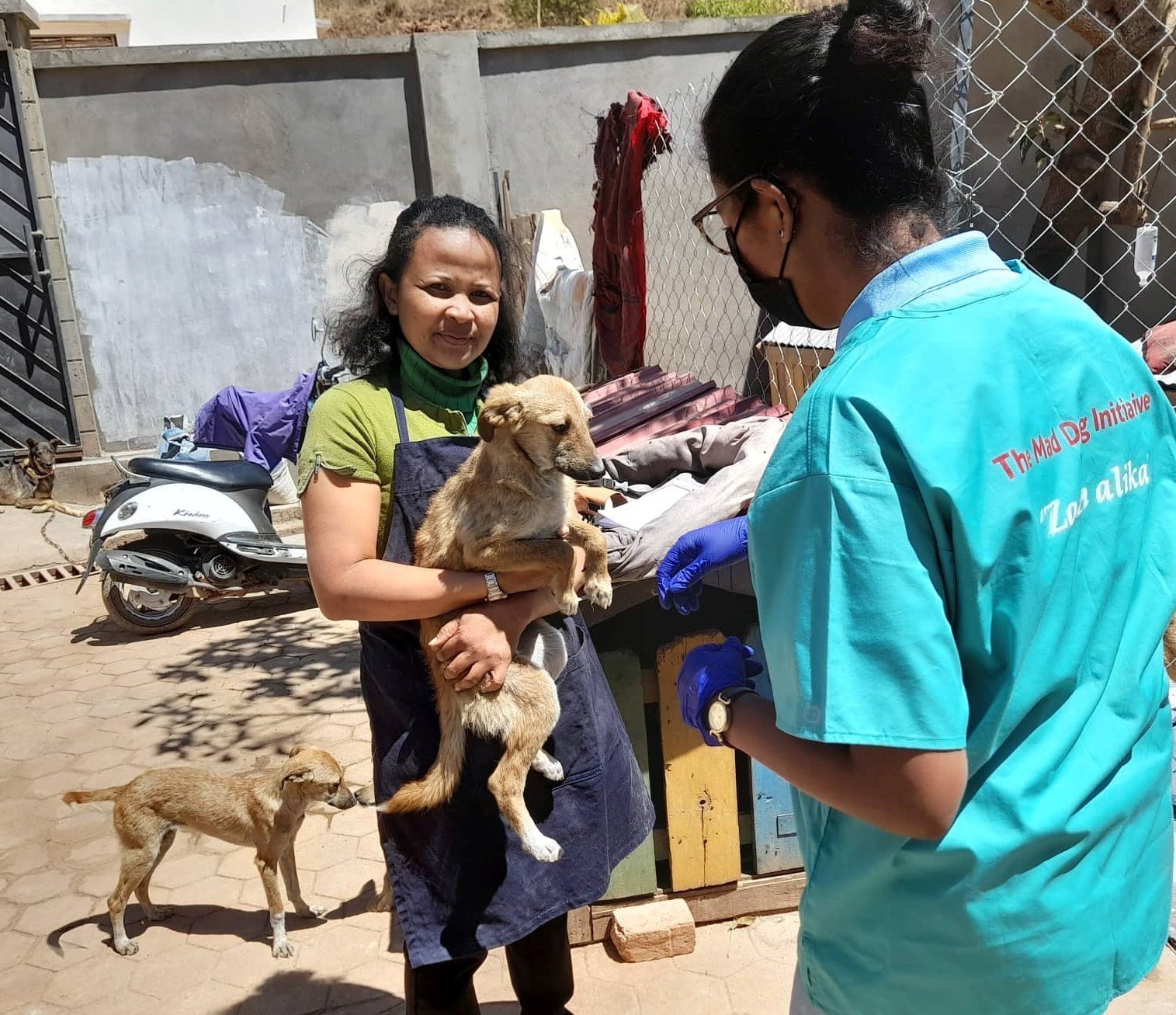
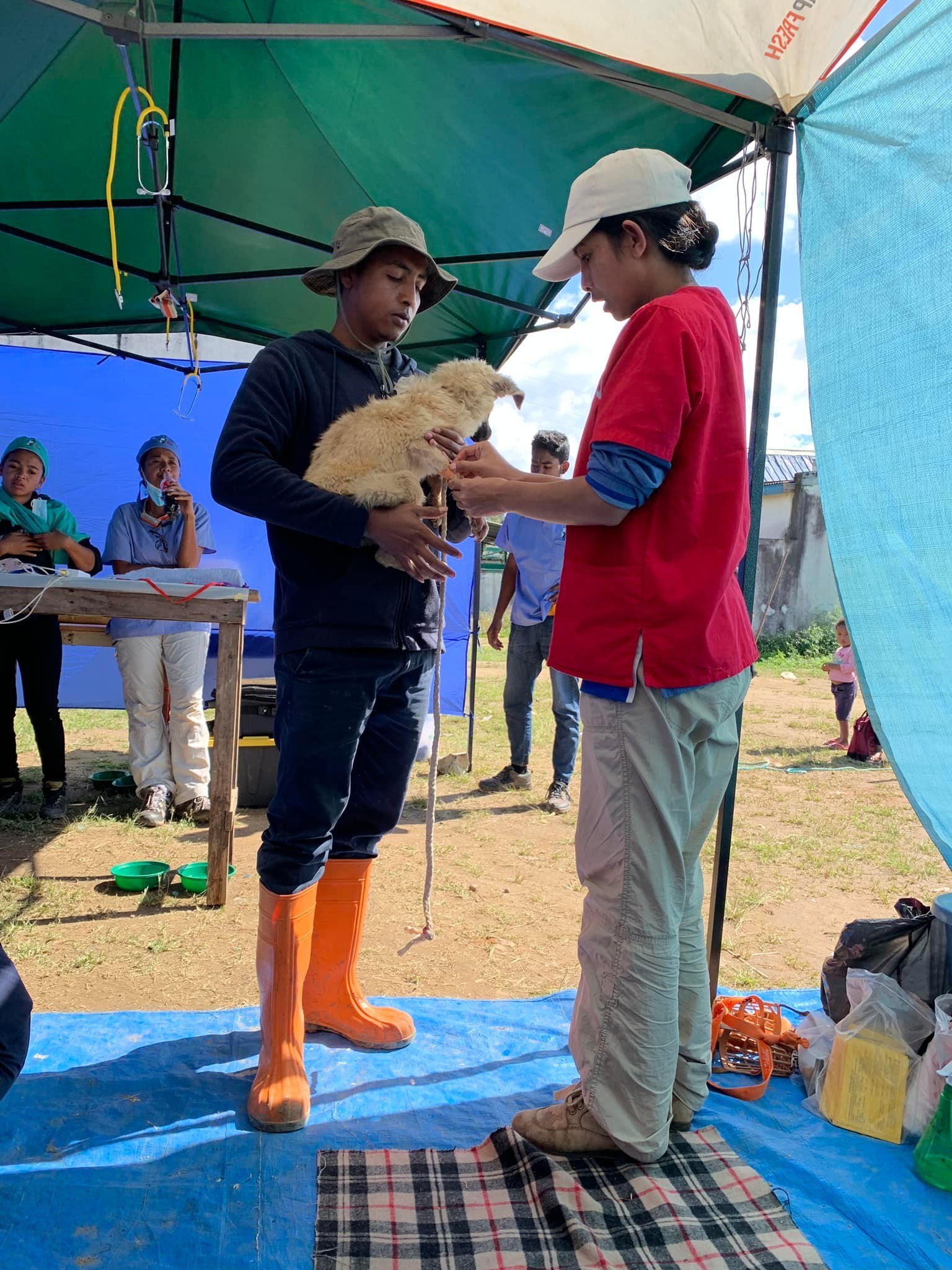
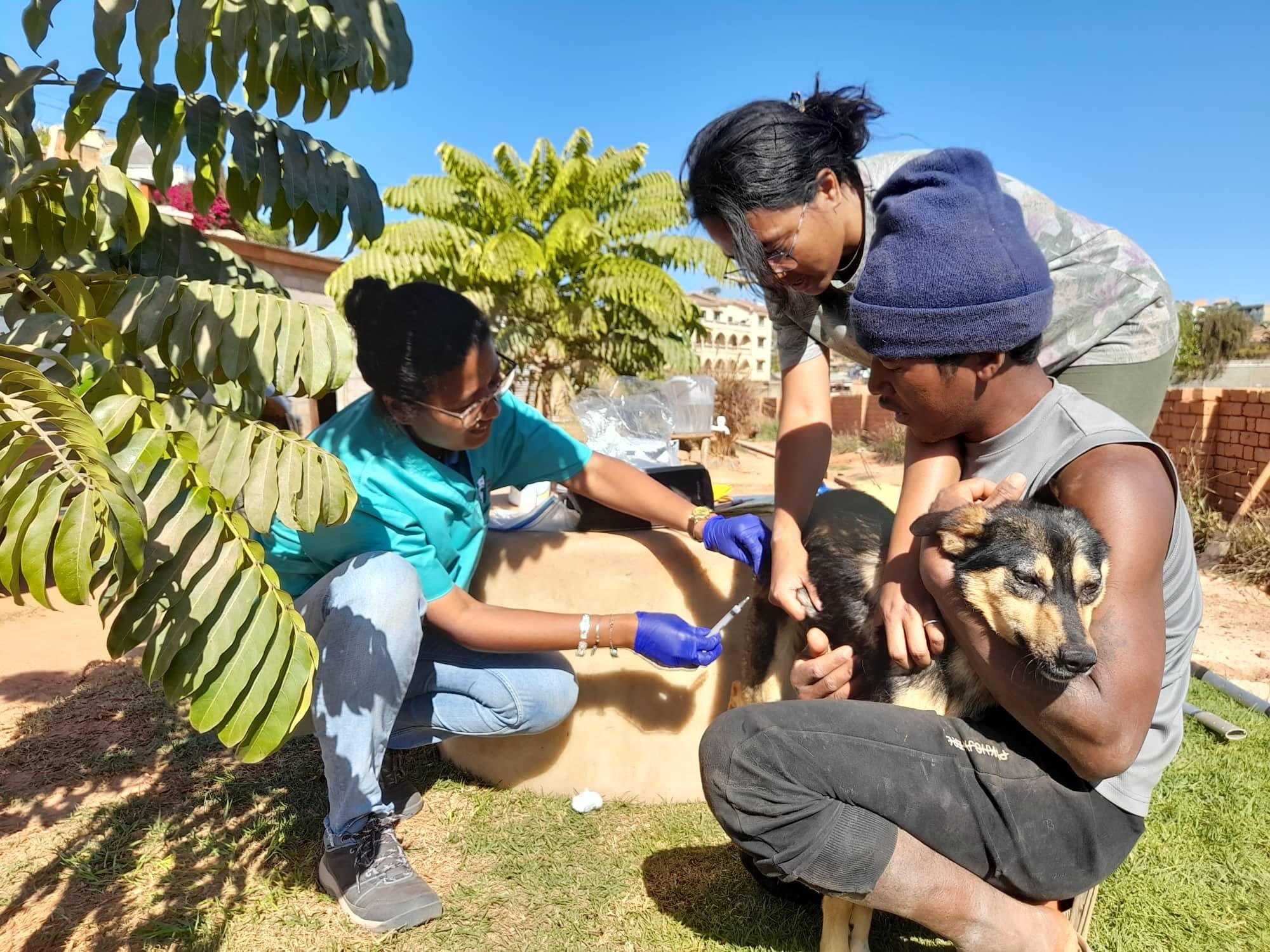
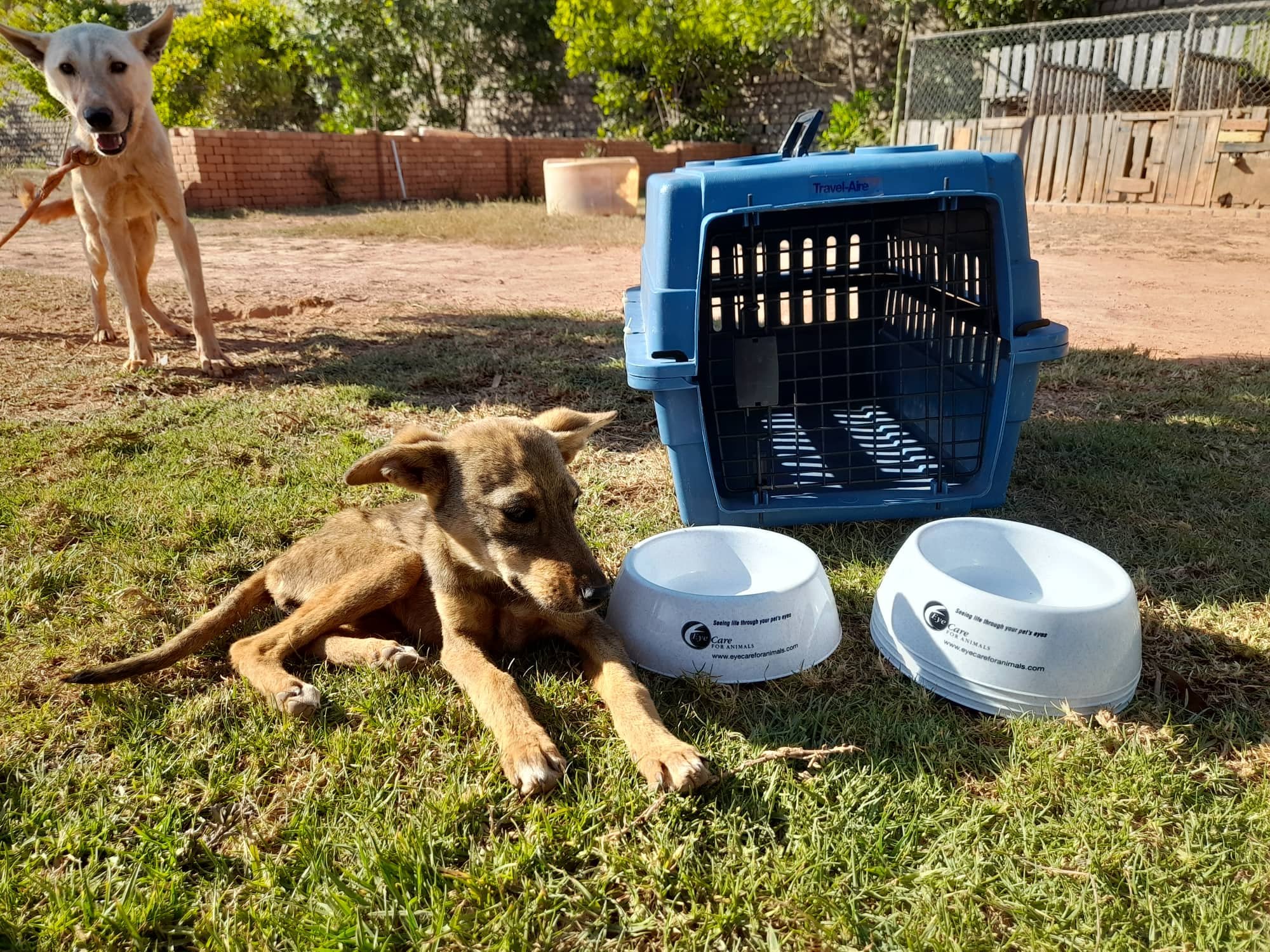
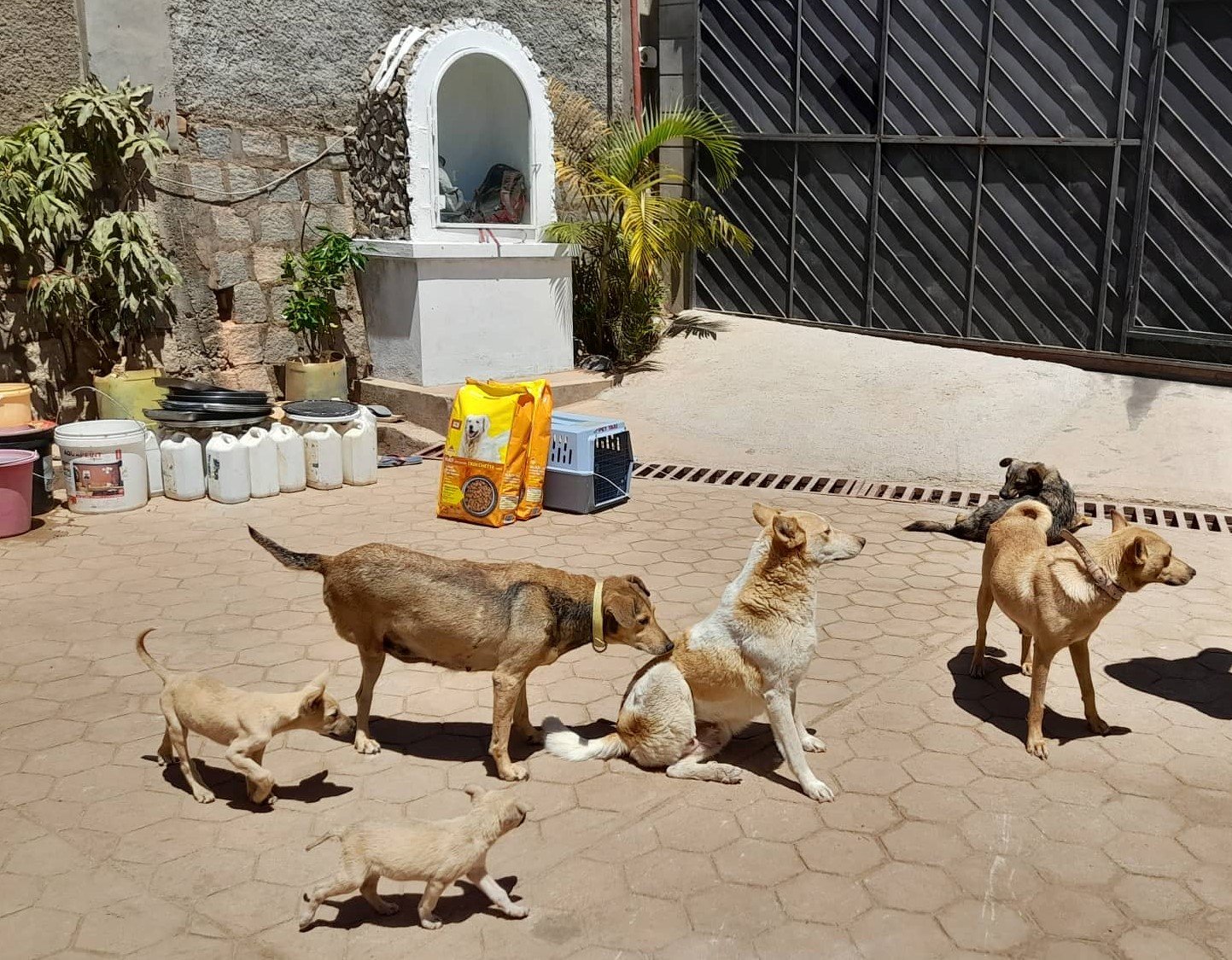
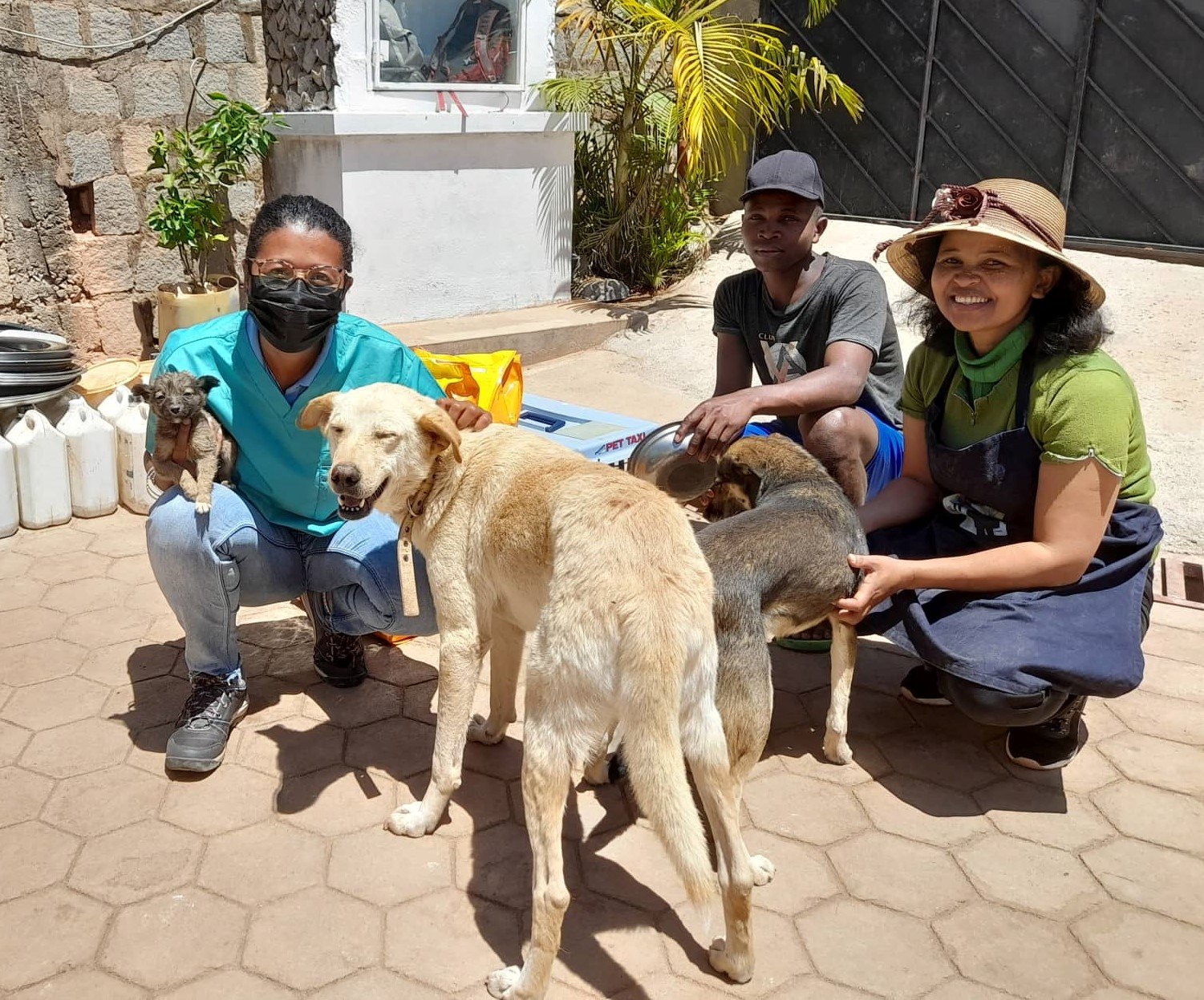
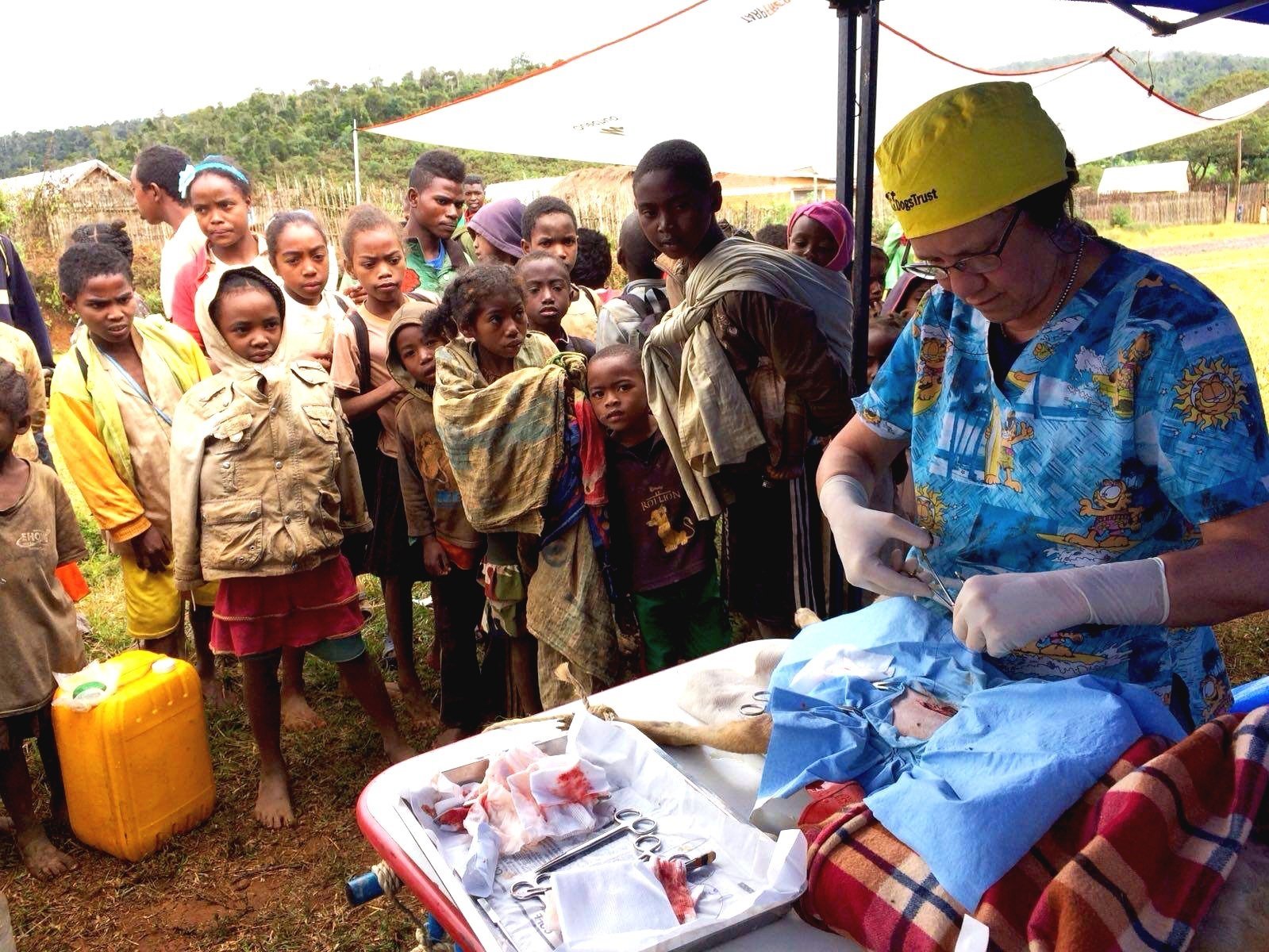
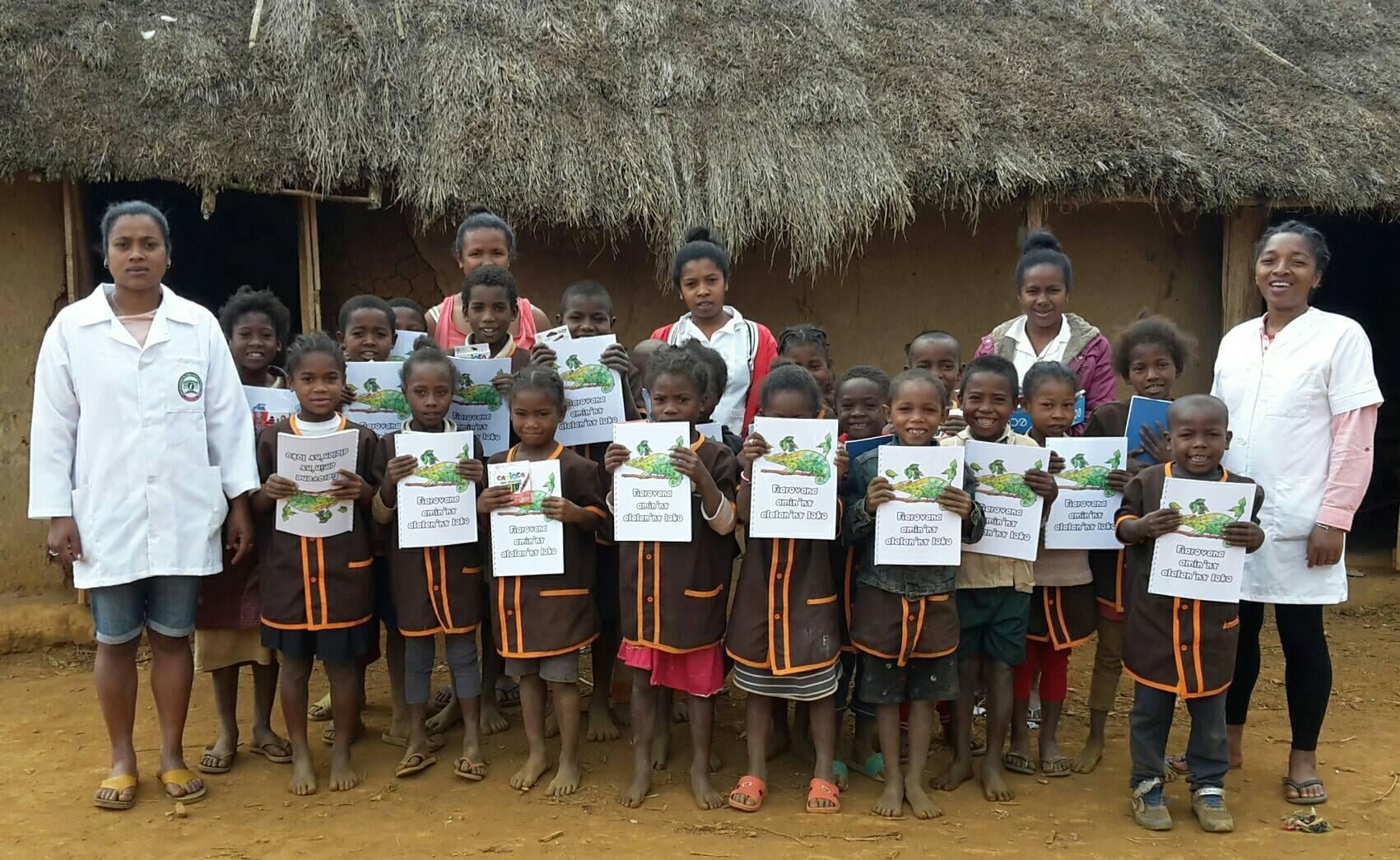
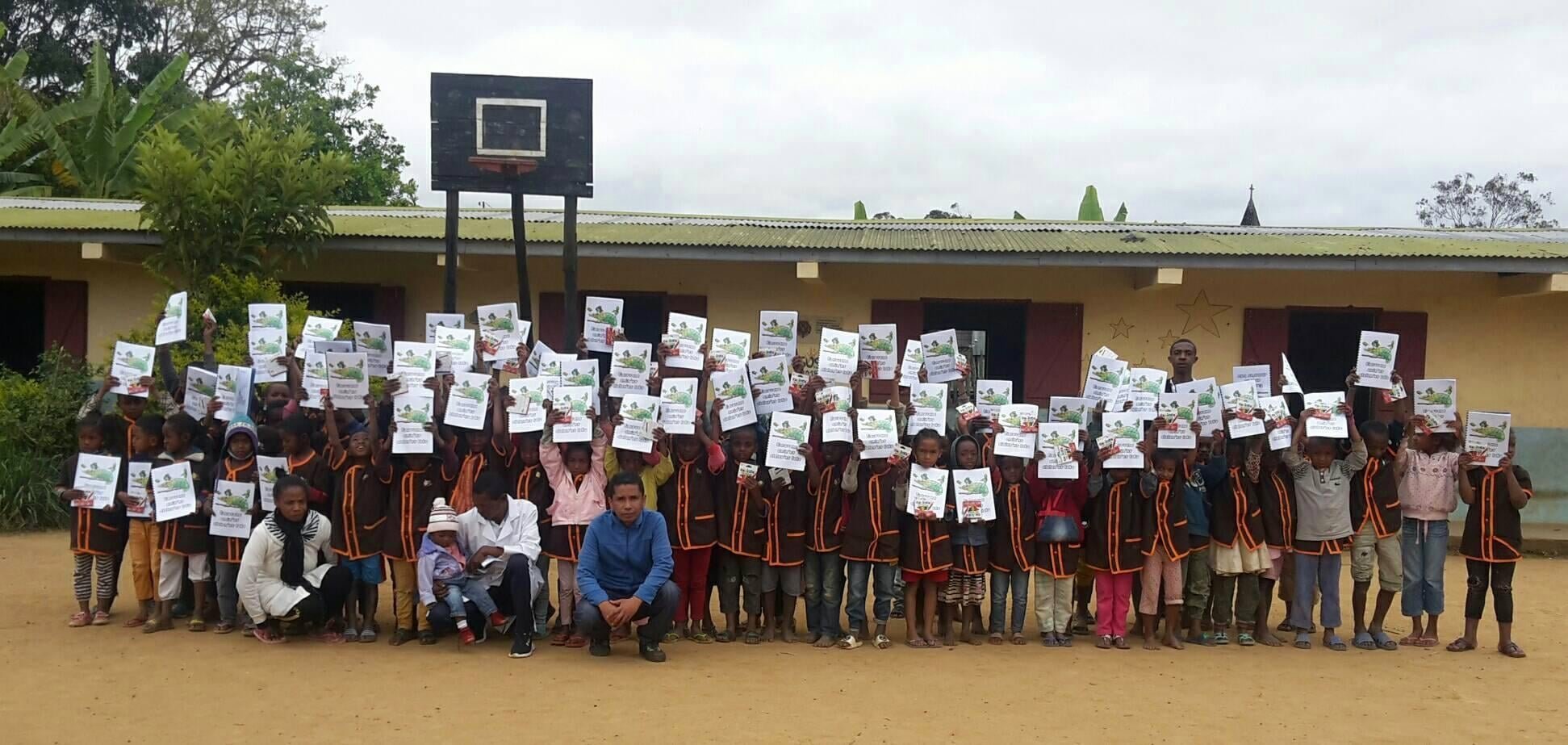
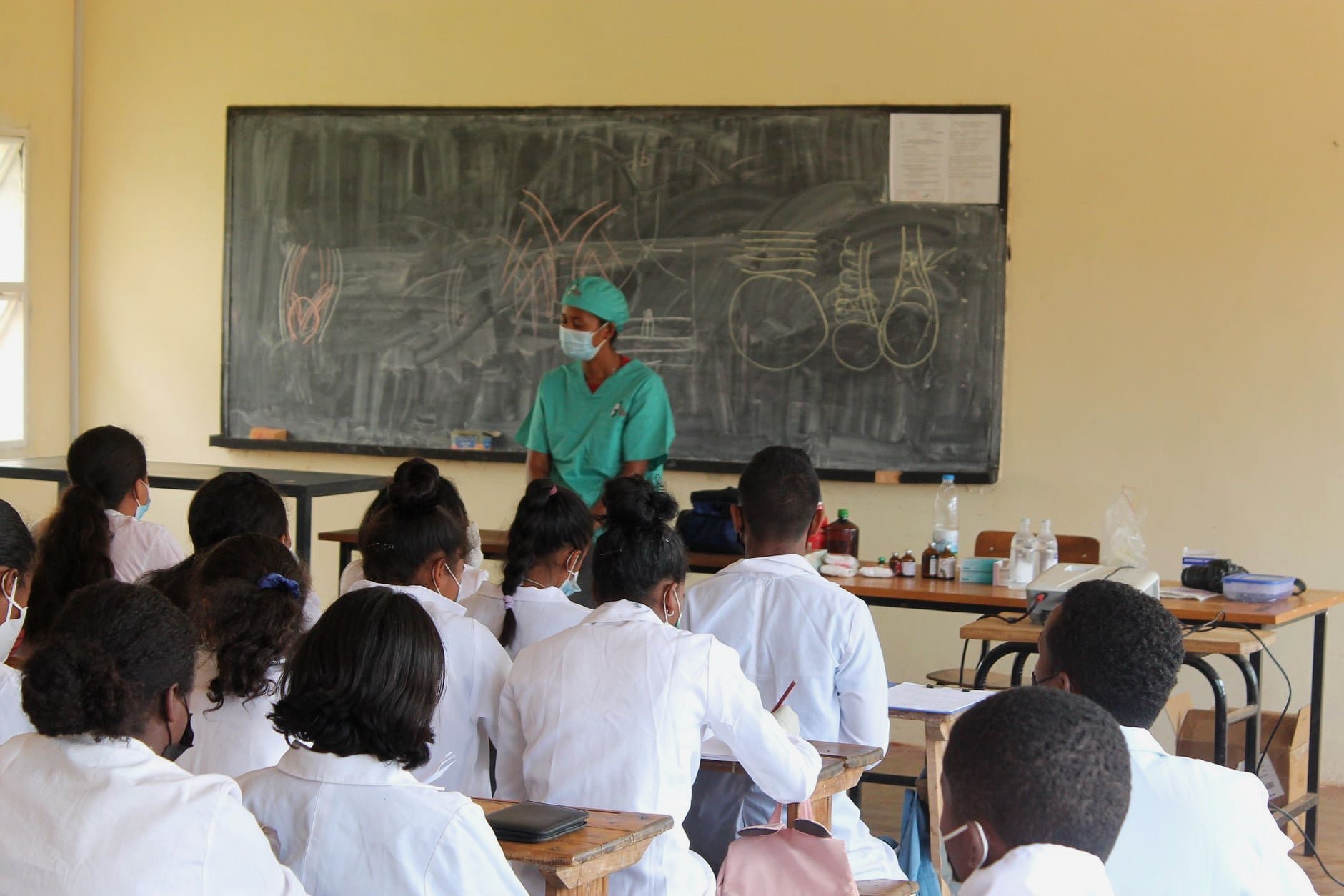
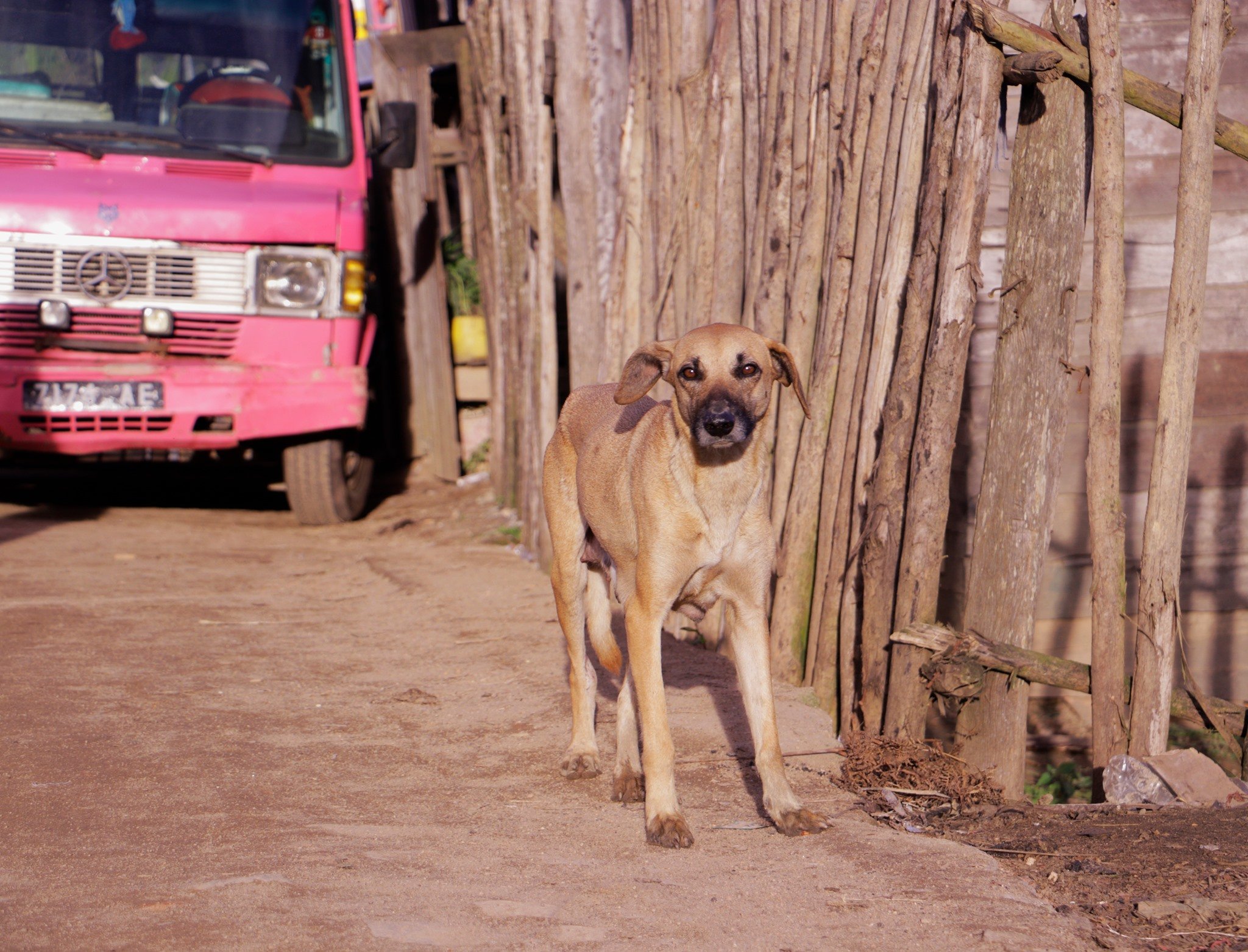
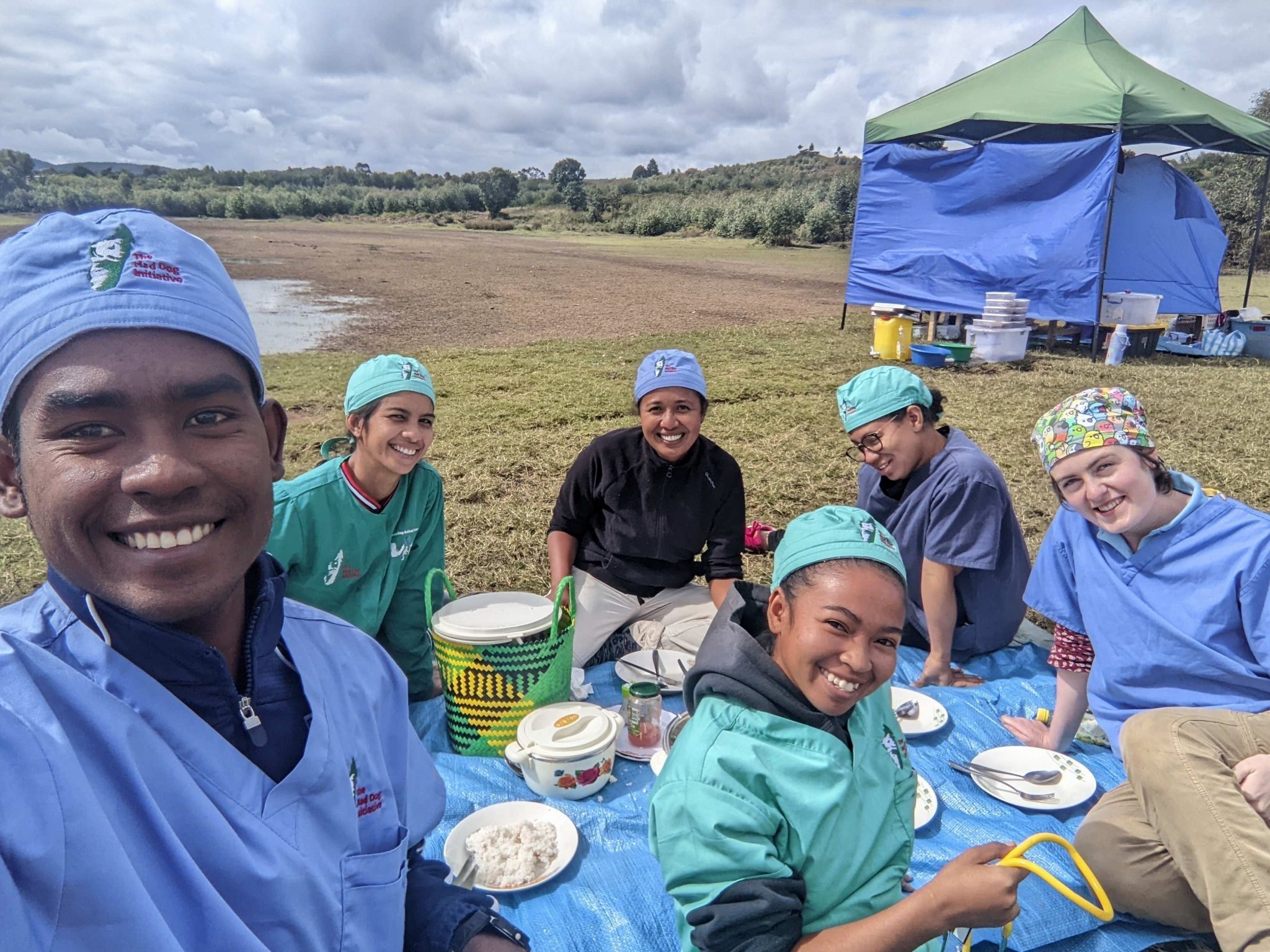
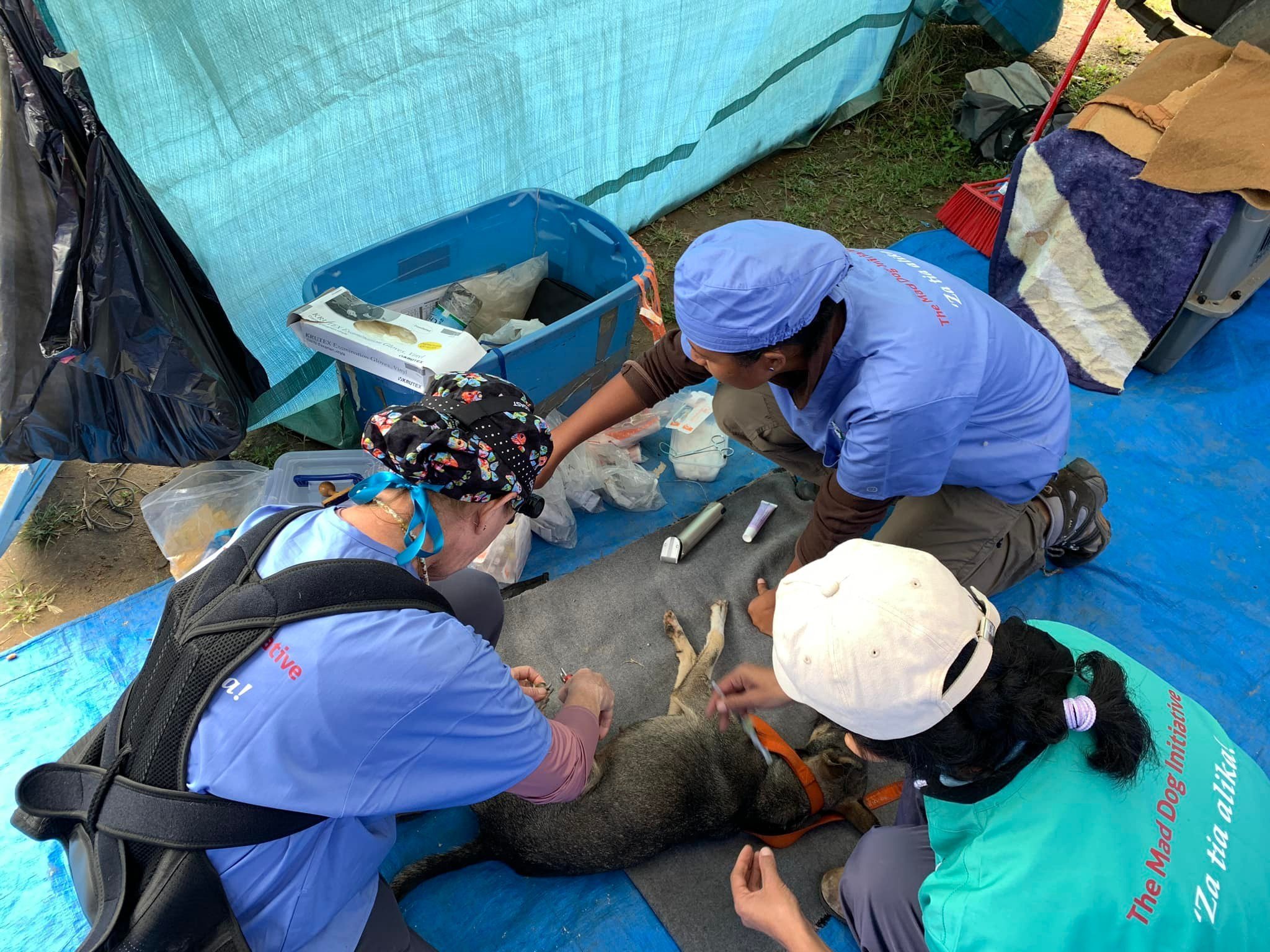
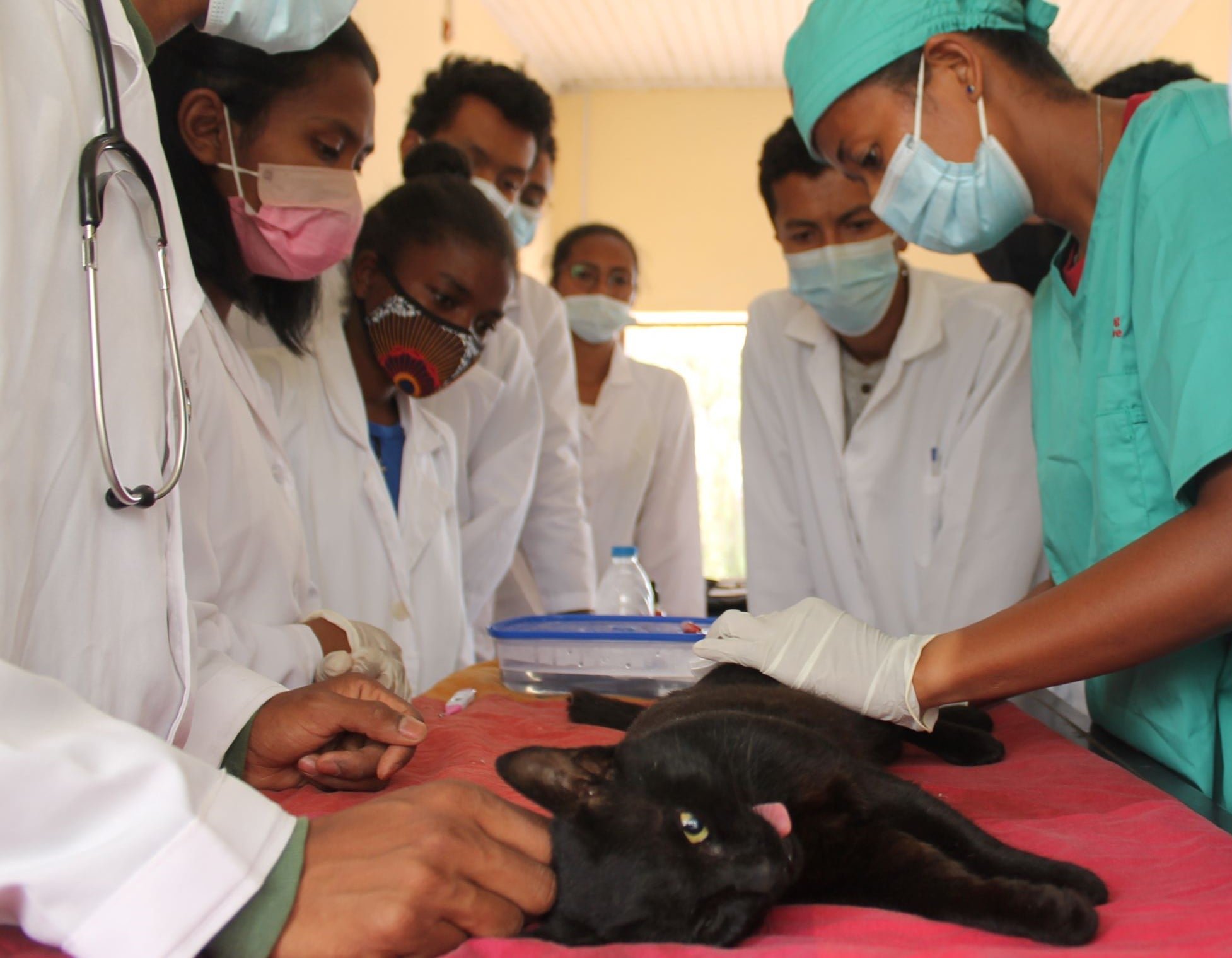
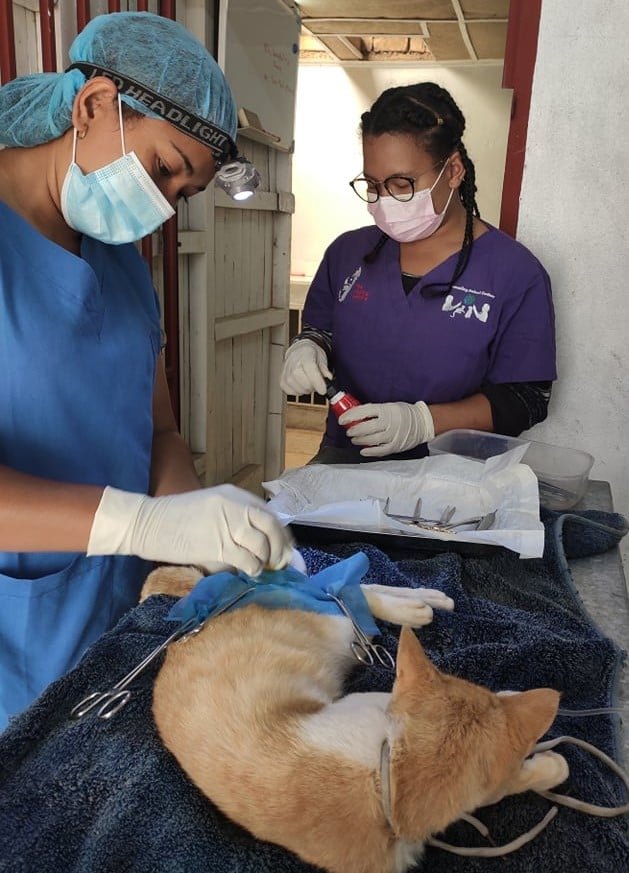
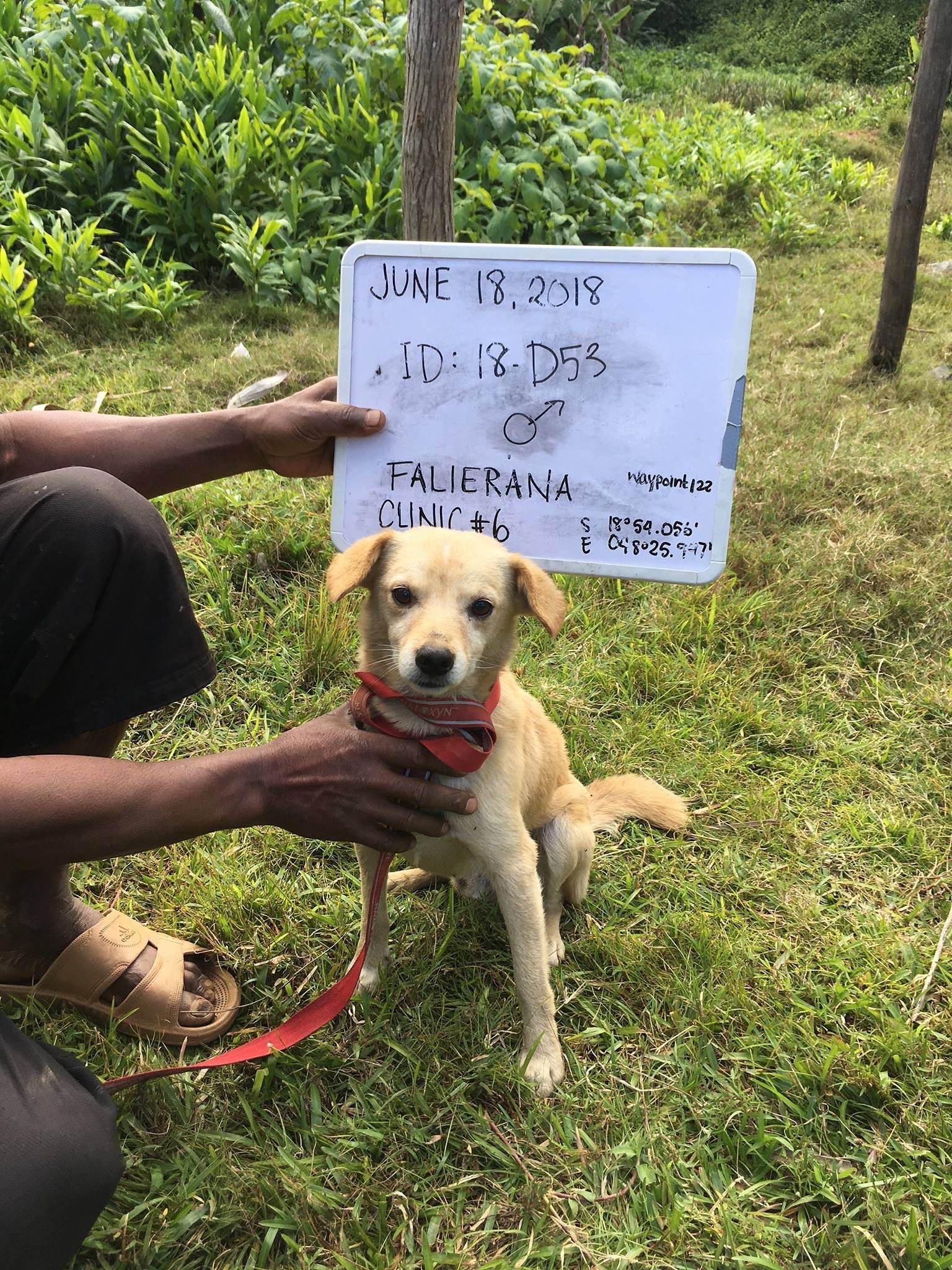
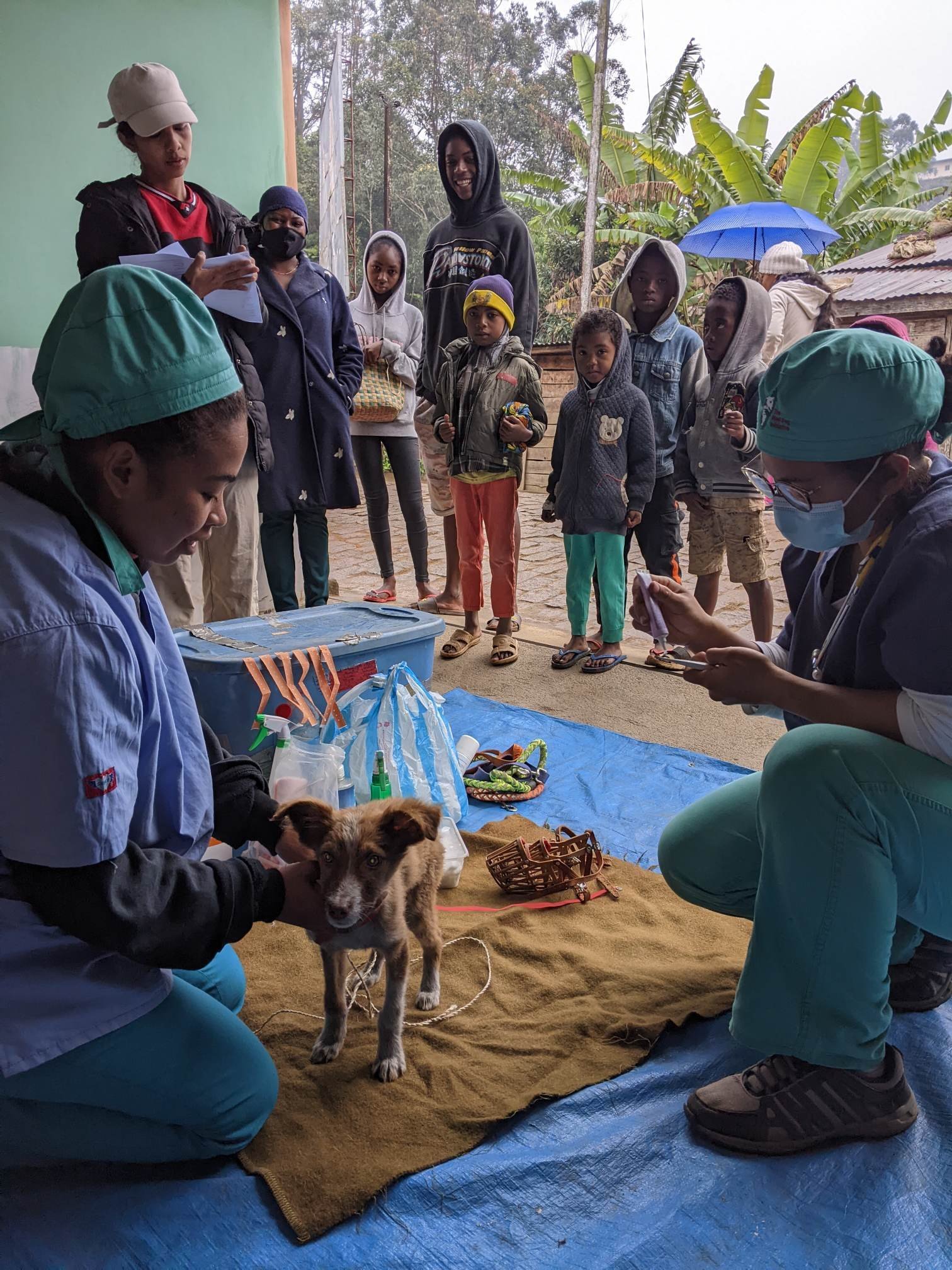
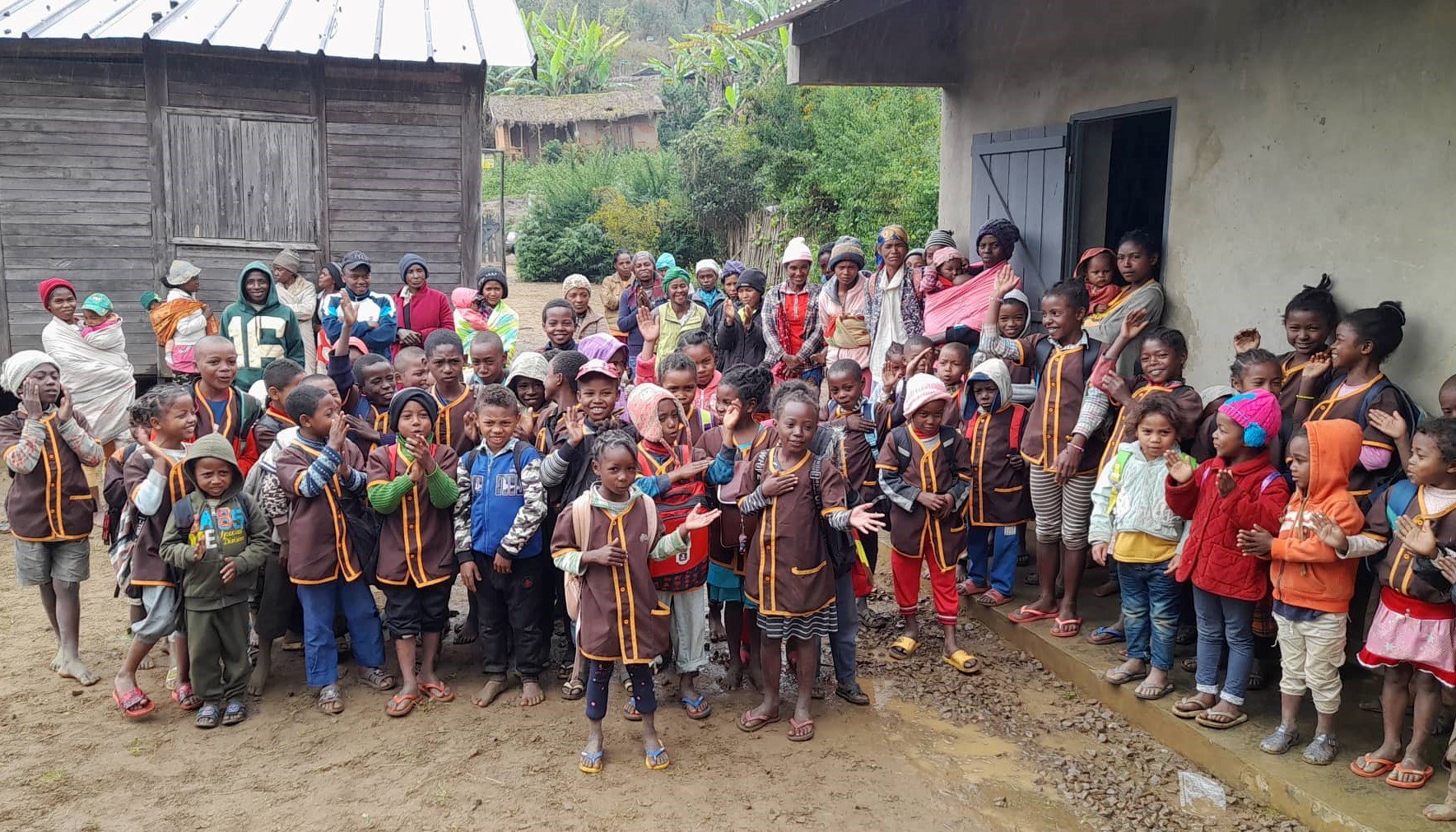
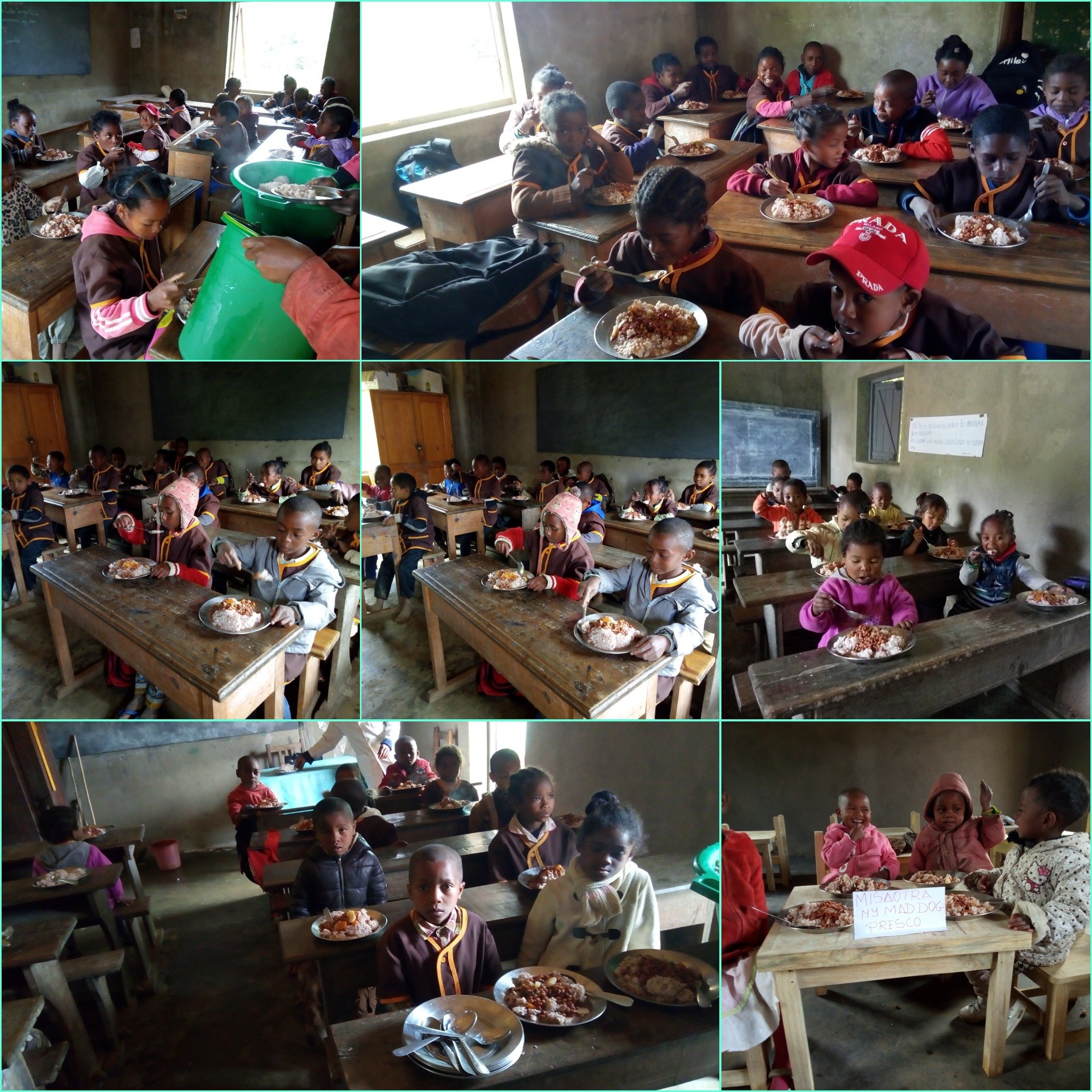
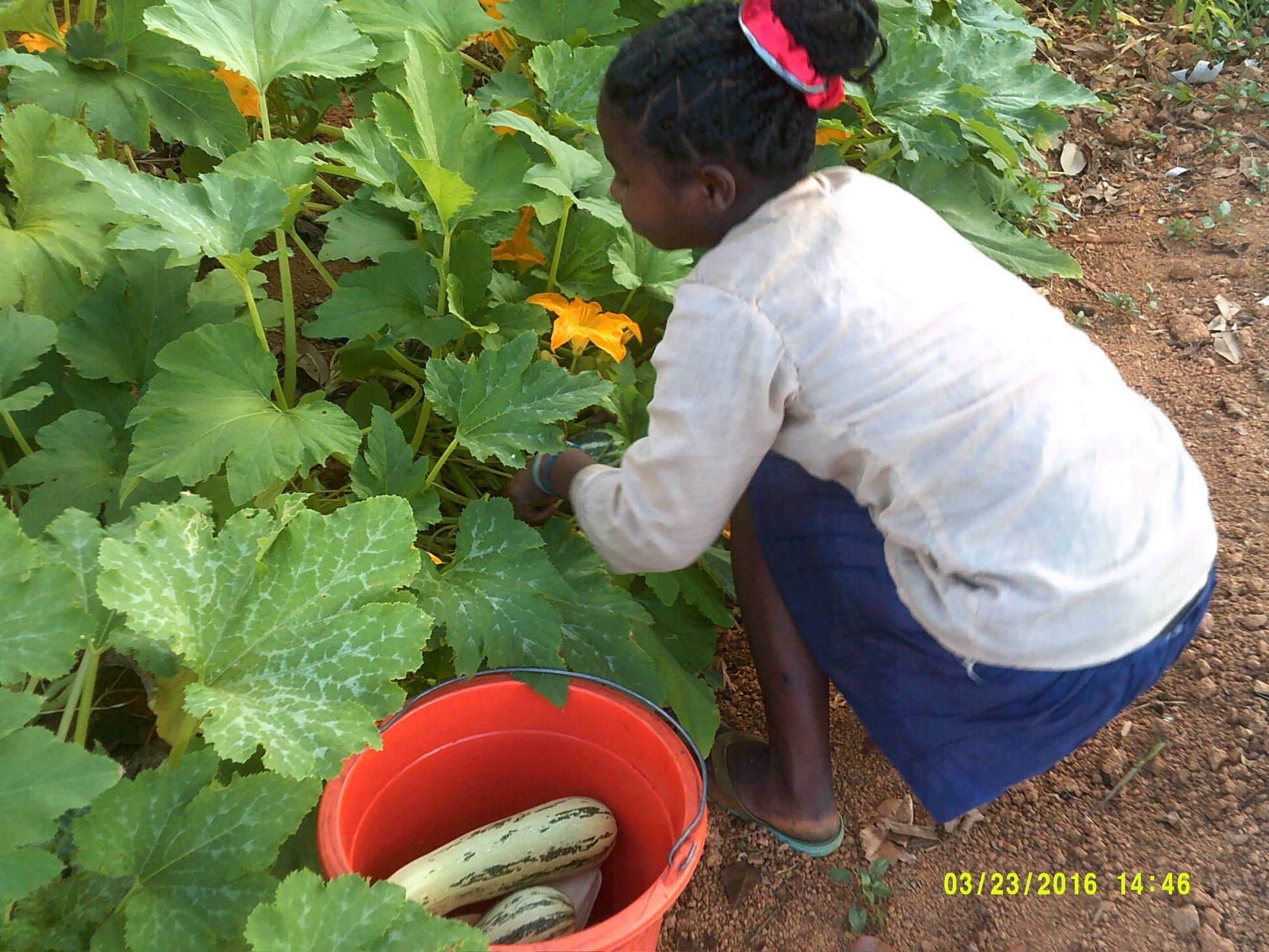
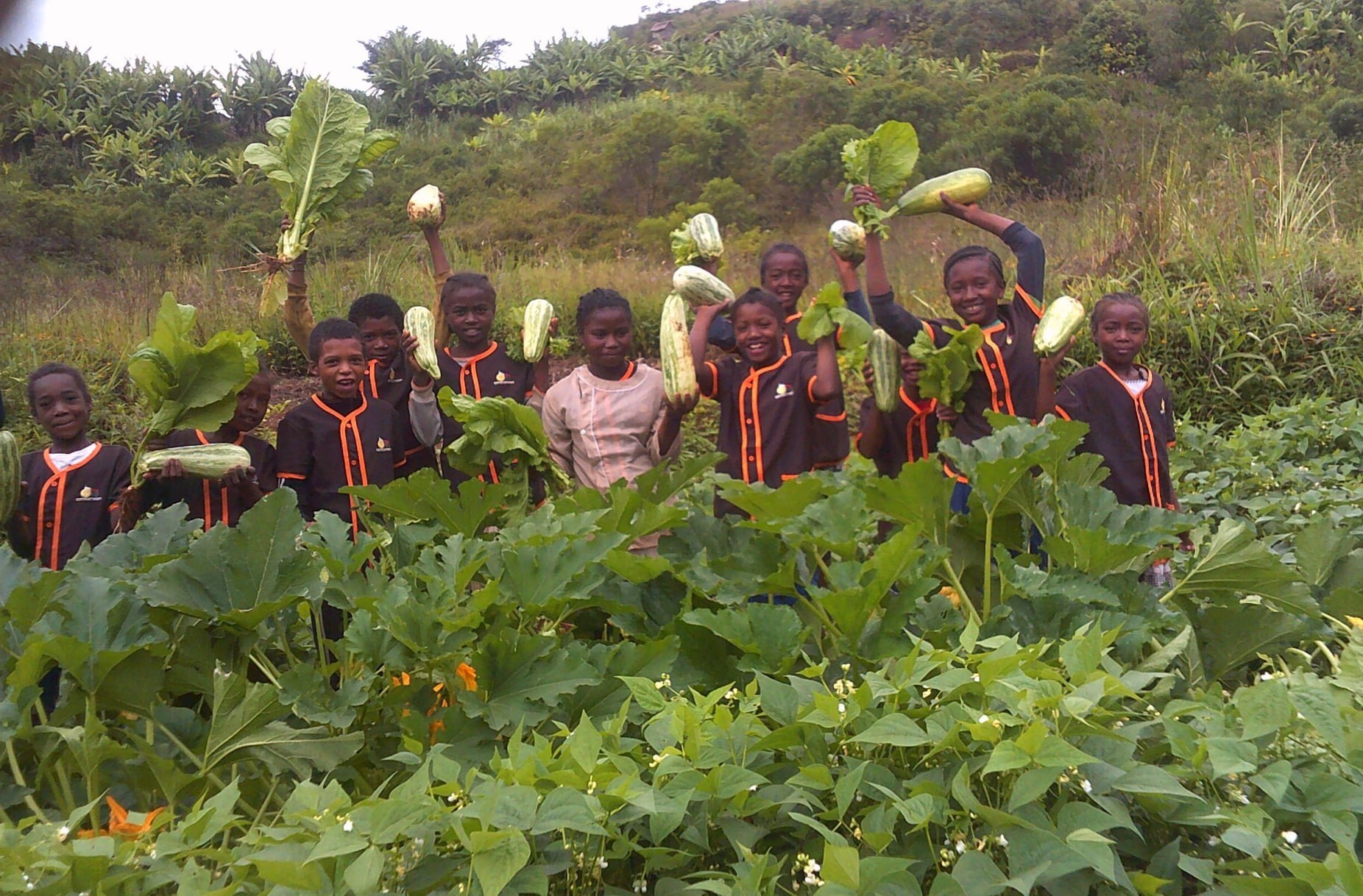
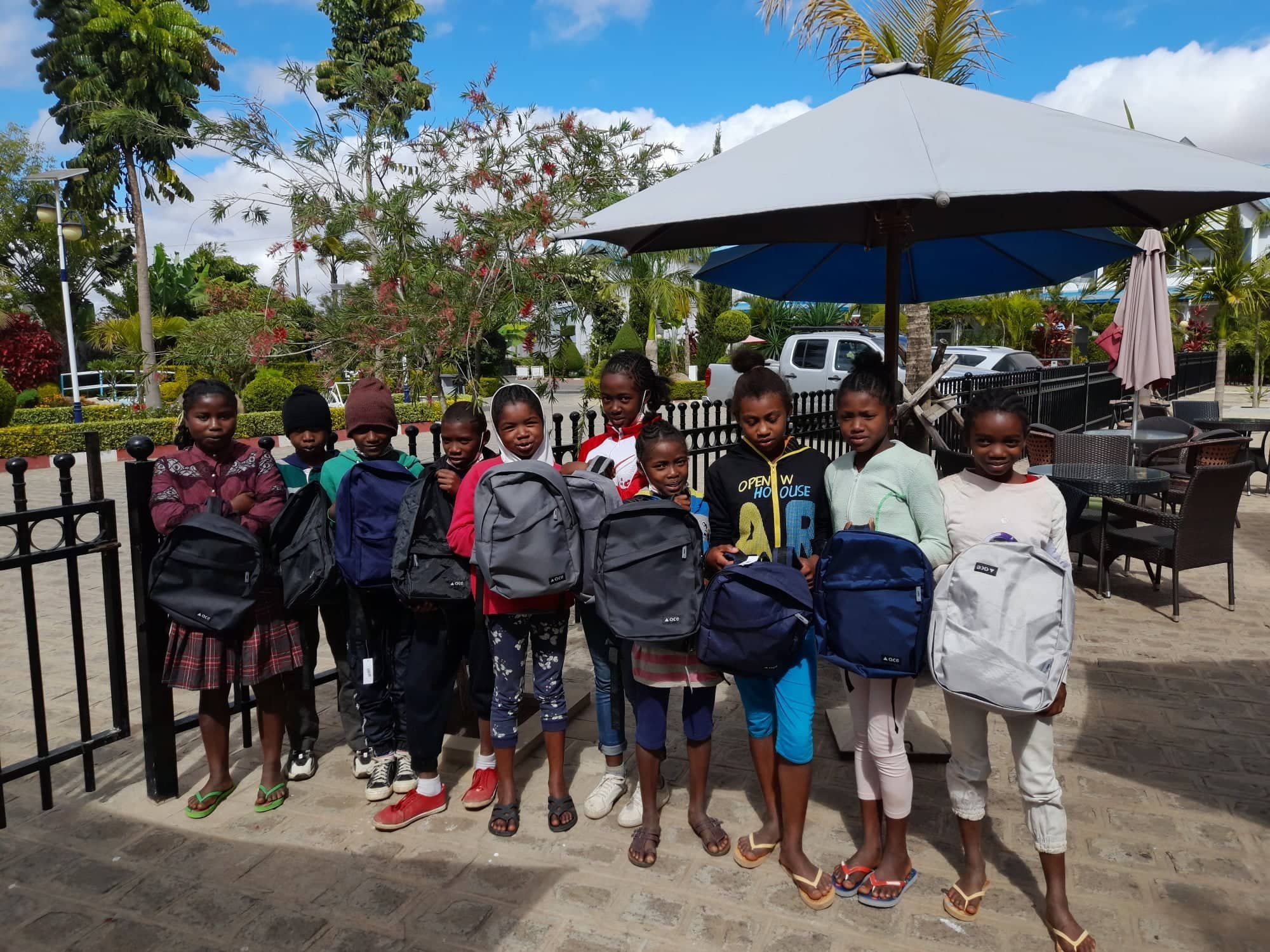
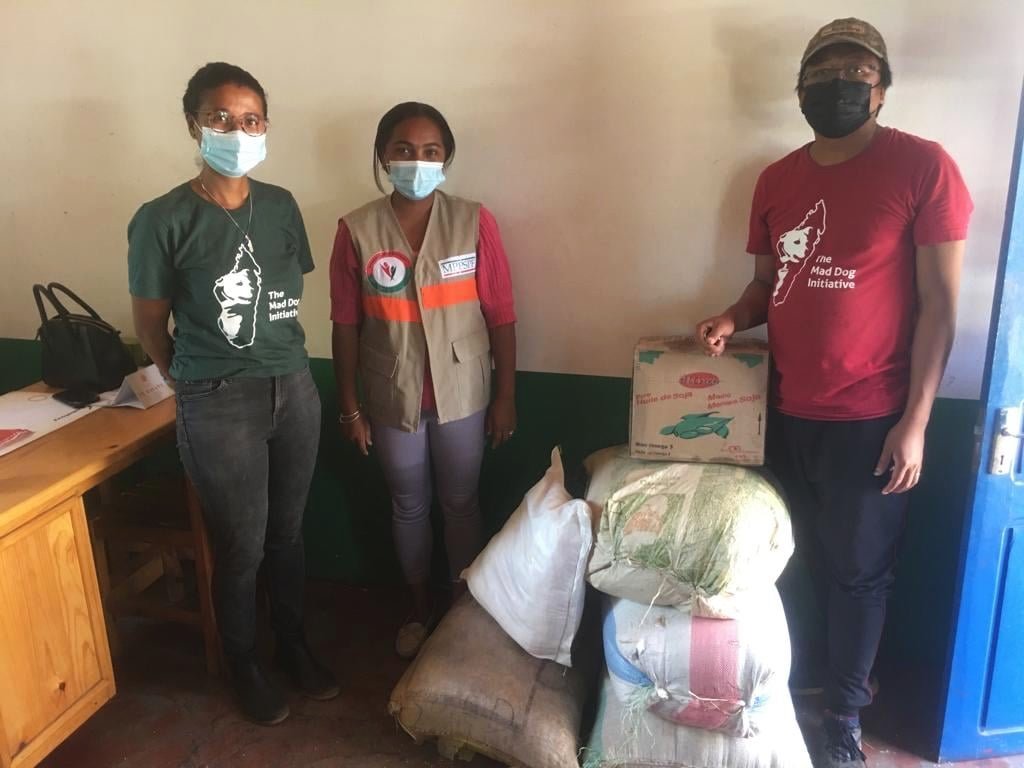
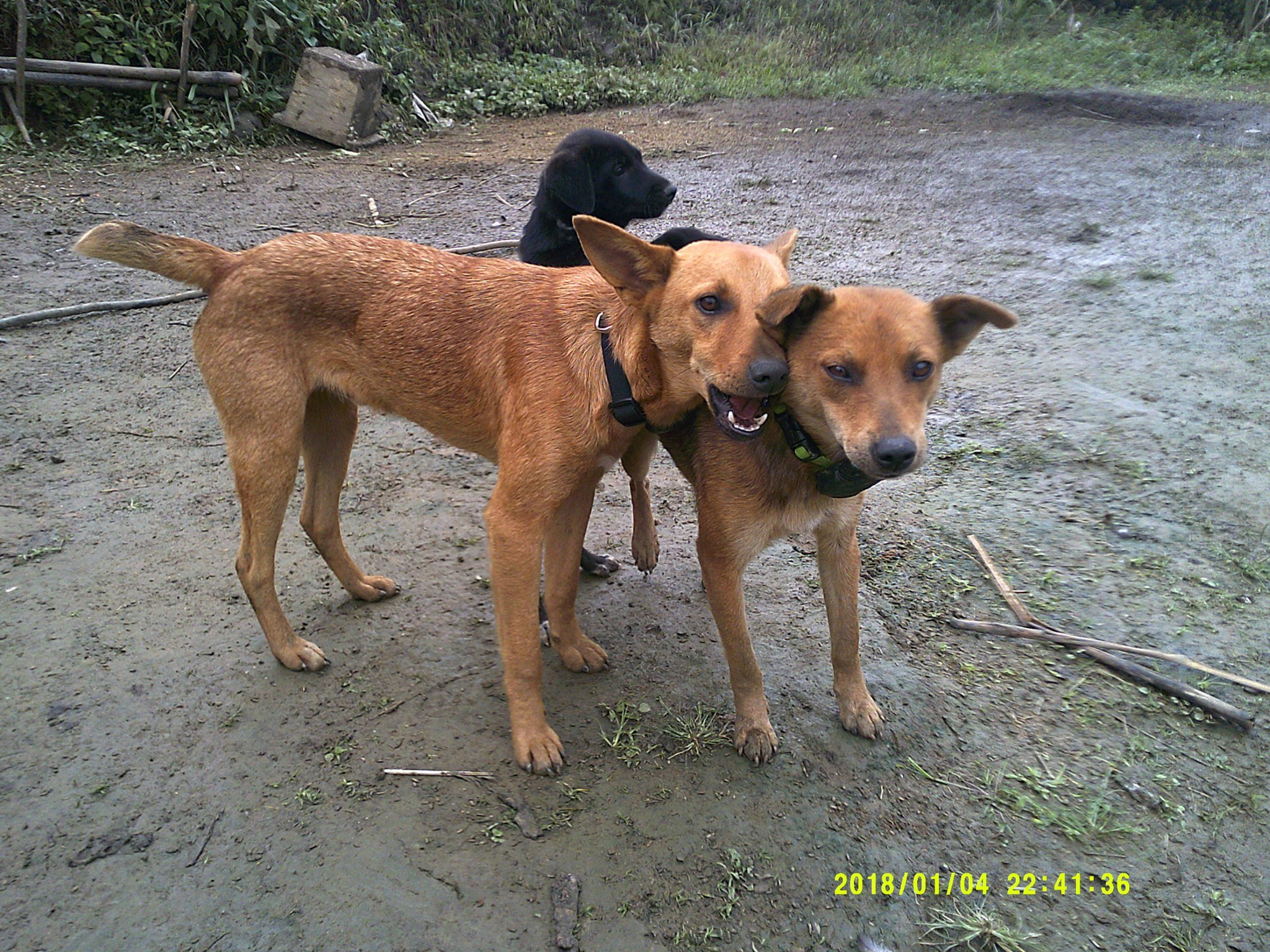
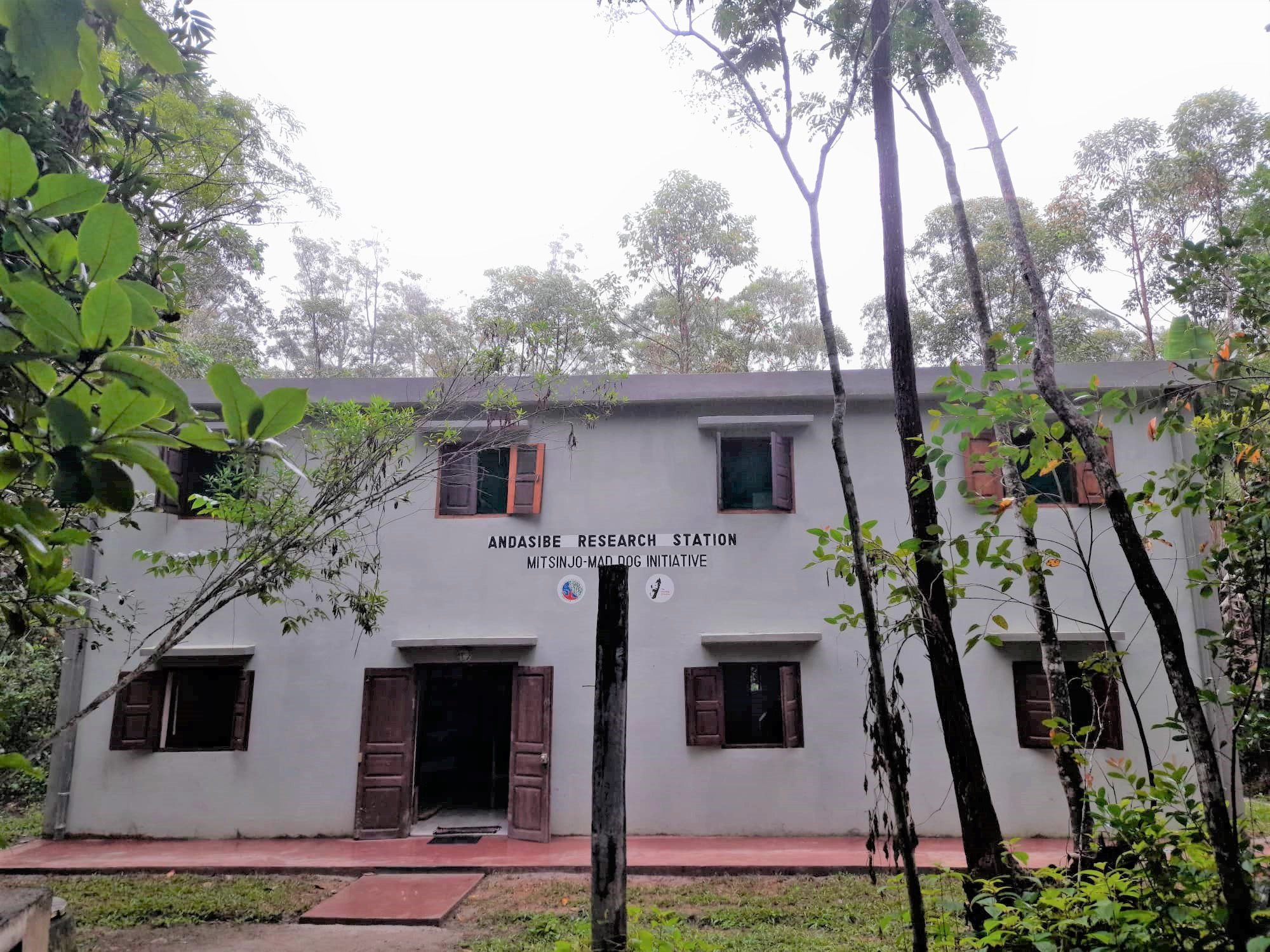
“The Dr. Abigail Ross Foundation for Applied Conservation has been critical to supporting the ongoing efforts of MDI. Thanks to TDARFAC support, MDI has been able to continue offering free spay/neuter/vaccination clinics in and around the protected corridor of Andasibe-Mantadia National Parks, Madagascar - one of the most important biodiversity hotspots on earth.
These programs humanely reduce free-roaming dog and cat populations that devastate fragile lemur populations, and reduce the region's disease burden to help both wildlife and local people.
TDARFAC has also been critical in supporting novel conservation outreach efforts, including anti-poaching and food security programs in villages neighboring protected areas, and education and outreach programs in schools.
Without TDARFAC, MDI would not be able to reach the thousands of people and animals that rely on our services, and benefit greatly from our programs. TDARFAC has also supported several Malagasy students pursuing research and applied projects in conservation and veterinary outreach.
TDARFAC is unique in its focus on novel and cutting-edge conservation applications, and in leveraging those application programs to assess the effectiveness of outreach in a robust, scientific, manner.”
— Dr. Kim Valenta, Co-Founder & Co-Director, The Mad Dog Initiative


